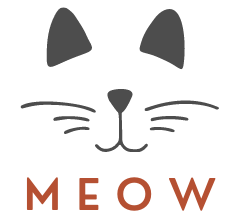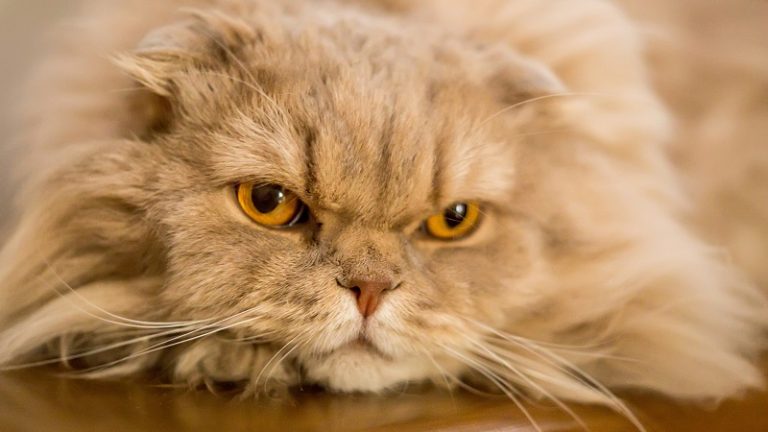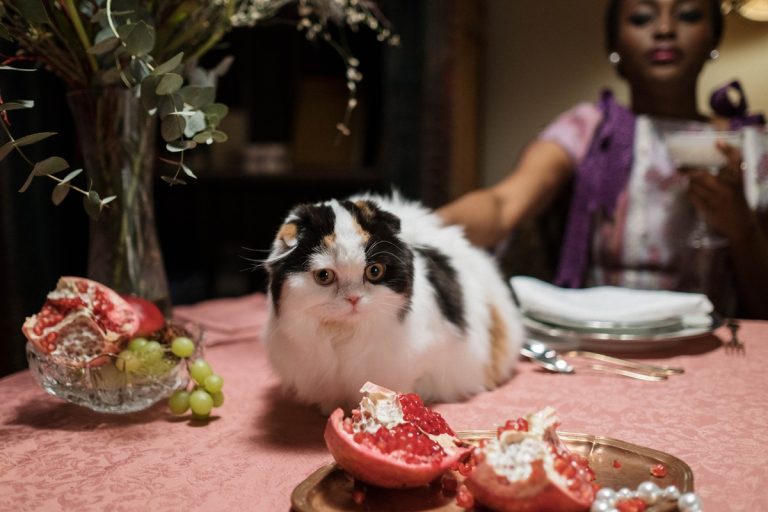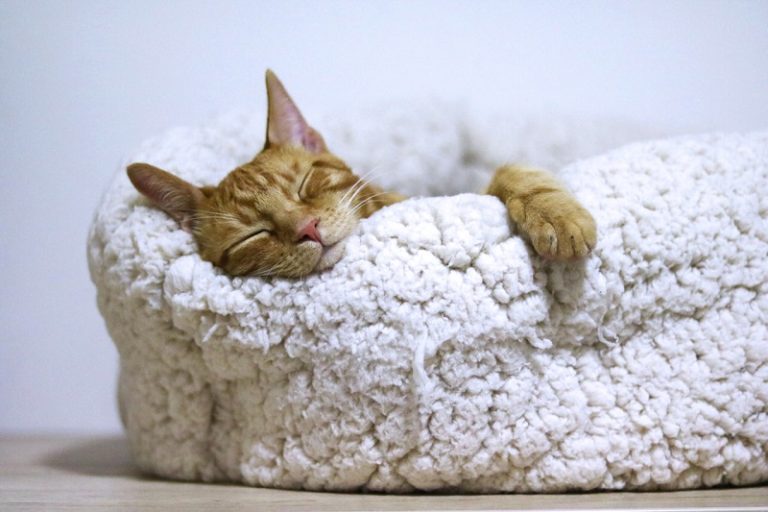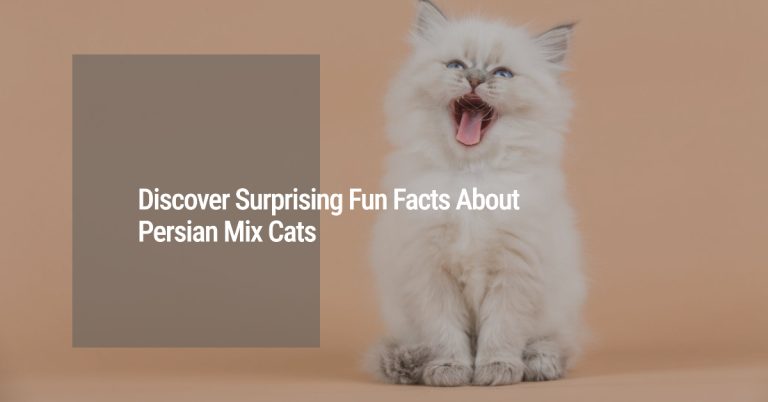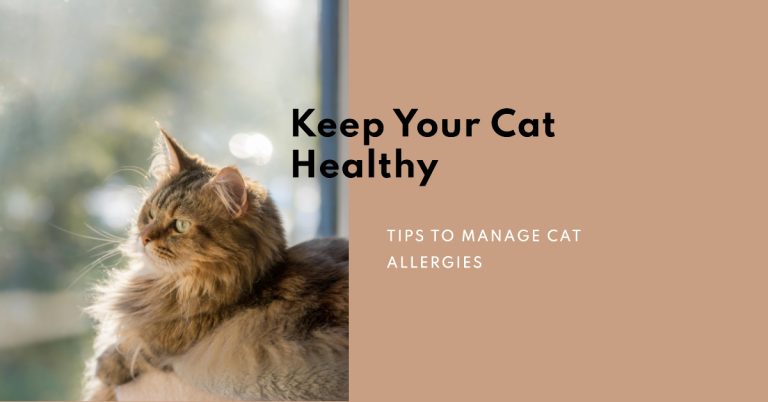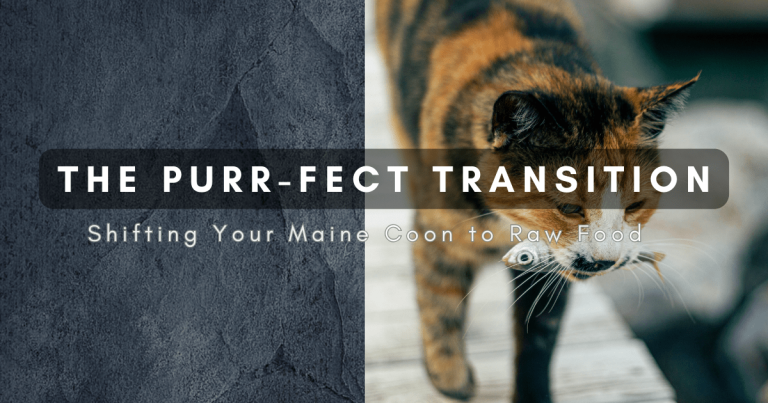What Is The Best Food For Cats With IBD?
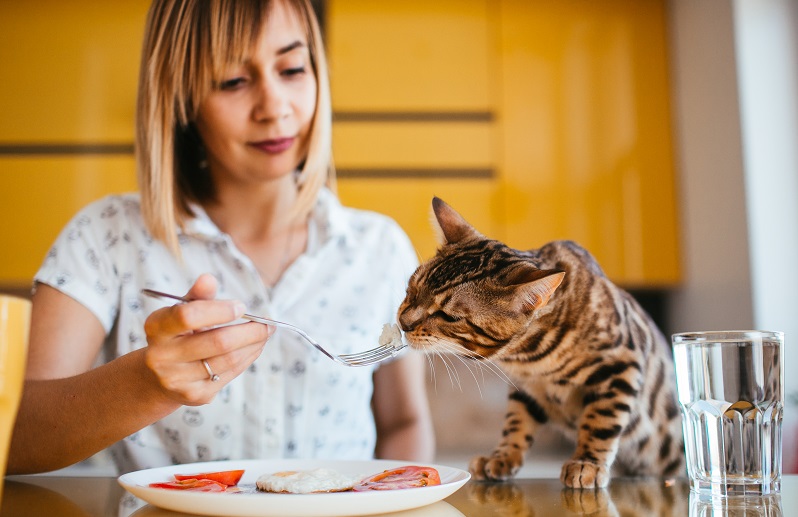
If you have a cat suffering from IBD , what is the best food for cats with IBD? This is the thing that we all are struggling as cat lovers.
What is Inflammatory Bowel Disease (IBD)?
Inflammatory Bowel Disease is a form of bowel disease that causes inflammation in the intestines and causes diarrhea, cramping, bloating, and abdominal pain. There are many different possible symptoms that one could experience from this bowel disease. It is essential to identify any potential signs so that you can seek treatment if necessary.
Typical IBD symptoms include abdominal pain and bloating, constipation, diarrhea, lumps or swelling near the lower abdomen, blood in the stool or urine, nausea, vomiting, anemia or low iron in the blood, abdominal swelling, or a lack of energy, and more.
The condition can often lead to inflammation and irritation of the digestive tract. If left untreated, irritable bowel cells can easily penetrate the small intestine’s inner layers and impact the functionality of its walls. Your vet may recommend the appropriate therapy, but generally, you must begin by switching to another diet for cats with IBD…
If your furry friend has IBD, then should be a high quality, hypoallergenic cat food. It should contain live, raw meat that is moistened by chicken meal or turkey meal.
Chicken meal is the best choice
The best choice is Chicken meal, because it is lower in fat, higher in protein, and higher in amino acids & It is the perfect choice for cats suffering from IBD because it is very digestible. Chicken meal and turkey meal are also low in carbohydrates, which help your cat feel full without creating the uncomfortable and bothersome after-meal slumber.
The best food for cats with IBD should also be high in healthy fatty acids, as these nutrients are essential for your cat’s overall health. The best choices for healthy fatty acids include olive oil, avocado oil, and fish oil.
Healthy fatty acids are essential for the manufacture of mucin. Mucin is a crucial factor in providing lubrication to the joints and is necessary for a healthy coat. Also, healthy fatty acids are essential for the health of the brain and nervous system. Your vet will provide specific dietary recommendations for your cat if you choose this route.
Probiotics are essential
Probiotics are essential for cats that suffer from IBD. Some of the best probiotics for use in cats with IBD include acidophilus and Bifidobacteria. These both are live, active forms of bacteria that are found in the digestive tract. Many of our dogs have problems with IBD, and it can be passed from dog to cat through fecal matter. Although some dogs do not suffer from IBD, they tend to be leaner and digest their food less efficiently. A supplement such as acidophilus and Bifidobacteria can improve your cat’s digestion, allowing him to retain more energy and become more active.
Give Salmon and much other fish
Salmon and much other fish are also well-known for their many health benefits. Unfortunately, salmon is one of the best food for cats with IBD. Many commercial cat foods have been developed using a fish meal, and many cats suffer from IBD because they are allergic to this material. You may want to avoid giving your cat salmon in any form since the side effects can be quite unpleasant.
In conclusion, balanced nutrition is essential to keeping your cat healthy and safe. If you have IBD, it is necessary that you determine the cause before you choose a particular diet for your cat. Their owner can give many cats that suffer from digestive issues a well-balanced diet, and the results can be excellent.
FAQs
Answer: Inflammatory Bowel Disease (IBD) is a bowel condition causing intestinal inflammation, leading to symptoms like diarrhea, cramping, and abdominal pain.
Answer: Common IBD symptoms in cats include abdominal pain, diarrhea, bloating, blood in stool, vomiting, and lack of energy.
Answer: IBD can lead to inflammation in the digestive tract, potentially affecting its functionality and causing discomfort.
Answer: Switching to a suitable diet is crucial for cats with IBD to manage their symptoms and improve overall health
Answer: The best food for cats with IBD is high-quality, hypoallergenic cat food containing moistened chicken meal or turkey meal.
Answer: Chicken meal is low in fat, high in protein, easily digestible, and helps cats with IBD feel full without discomfort.
Answer: Healthy fatty acids like olive oil, avocado oil, and fish oil are essential for cats’ overall health, coat, brain, and nervous system.
Answer: Yes, probiotics like acidophilus and Bifidobacteria are important for improving digestion and energy retention in cats with IBD.
Answer: Cats with IBD should avoid salmon and fish, as some cats are allergic to fish meal commonly found in commercial cat foods.
Answer: A well-balanced diet tailored to the cat’s needs is essential for managing IBD and ensuring a cat’s overall health and well-being.
